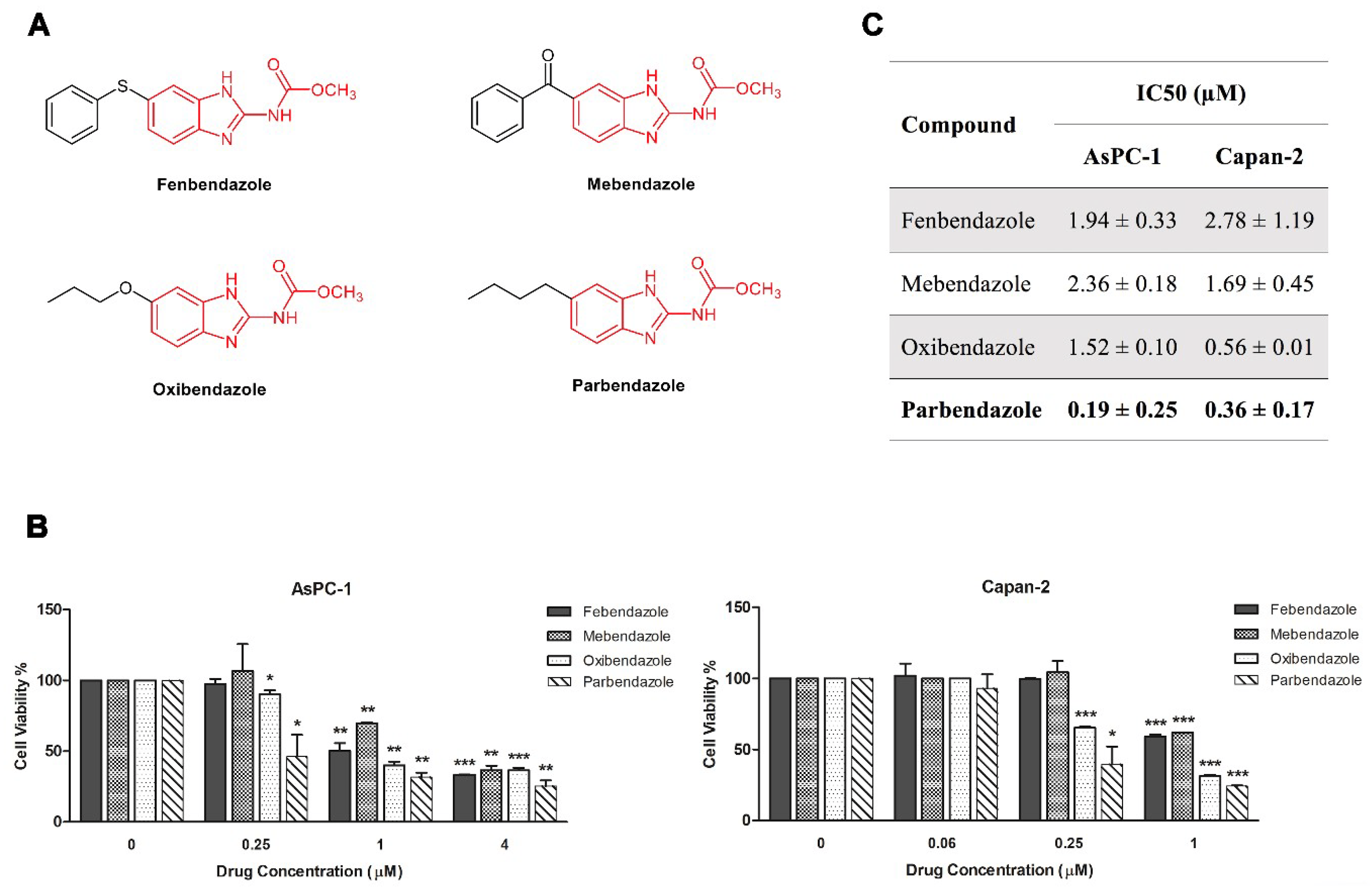
Understanding Fenbendazole
Fenbendazole is a broad-spectrum anthelmintic (anti-parasitic) medication primarily used in veterinary medicine to treat a variety of parasitic infections in animals, particularly in dogs and livestock. It belongs to the benzimidazole class of drugs, which work by inhibiting the metabolism of glucose in parasites, leading to their death. While its primary application is not cancer treatment, recent interest has emerged in the potential use of fenbendazole as an alternative therapy for cancer. This exploration stems from anecdotal reports and preliminary studies suggesting that fenbendazole may possess properties that inhibit cancer cell growth and promote apoptosis, or programmed cell death, in certain types of cancer.
Mechanisms of Action Against Cancer
The potential anticancer properties of fenbendazole are believed to stem from multiple mechanisms. Research indicates that fenbendazole may disrupt the microtubule formation in cancer cells, similar to how certain chemotherapeutic agents operate. By preventing the proper formation and function of microtubules, fenbendazole could interfere with cell division and replication, effectively slowing the proliferation of cancer cells. Additionally, some studies suggest that fenbendazole may enhance the efficacy of traditional cancer treatments, such as chemotherapy and radiation therapy, by creating a more favorable tumor microenvironment. It is thought that fenbendazole’s action on cancer cells might lead to reduced drug resistance, making it a compelling candidate for combination therapy approaches.
Anecdotal Evidence and Emerging Research
Anecdotal evidence surrounding fenbendazole’s use in cancer treatment has gained traction, particularly through social media and alternative health communities. Individuals have shared personal success stories of using fenbendazole as a supplement in their cancer treatment regimens, claiming positive outcomes. While these reports are intriguing, it is crucial to approach them with caution. Scientific validation through clinical trials is necessary to establish fenbendazole’s safety and efficacy as a cancer treatment. Some preliminary studies have been conducted, indicating that fenbendazole may exhibit cytotoxic effects on specific cancer cell lines. However, more rigorous and controlled research is needed to draw definitive conclusions about its effectiveness in humans and the appropriate dosages and treatment protocols.
Considerations and Future Directions
While fenbendazole shows promise as a potential adjunct therapy for cancer, several considerations must be addressed. First, the regulatory status of fenbendazole for human use remains uncertain, as it is primarily approved for veterinary applications. Patients interested in exploring fenbendazole as a cancer treatment should consult their healthcare providers before starting any new regimen, particularly to avoid potential interactions with conventional treatments. Furthermore, ongoing research is essential to uncover the precise mechanisms by which fenbendazole may impact cancer cells and to develop protocols that maximize its therapeutic potential. As science progresses, fenbendazole may become an integral part of a multifaceted approach to cancer treatment, highlighting the importance of continued exploration into existing medications and their unexpected applications.fenbendazole for cancer
